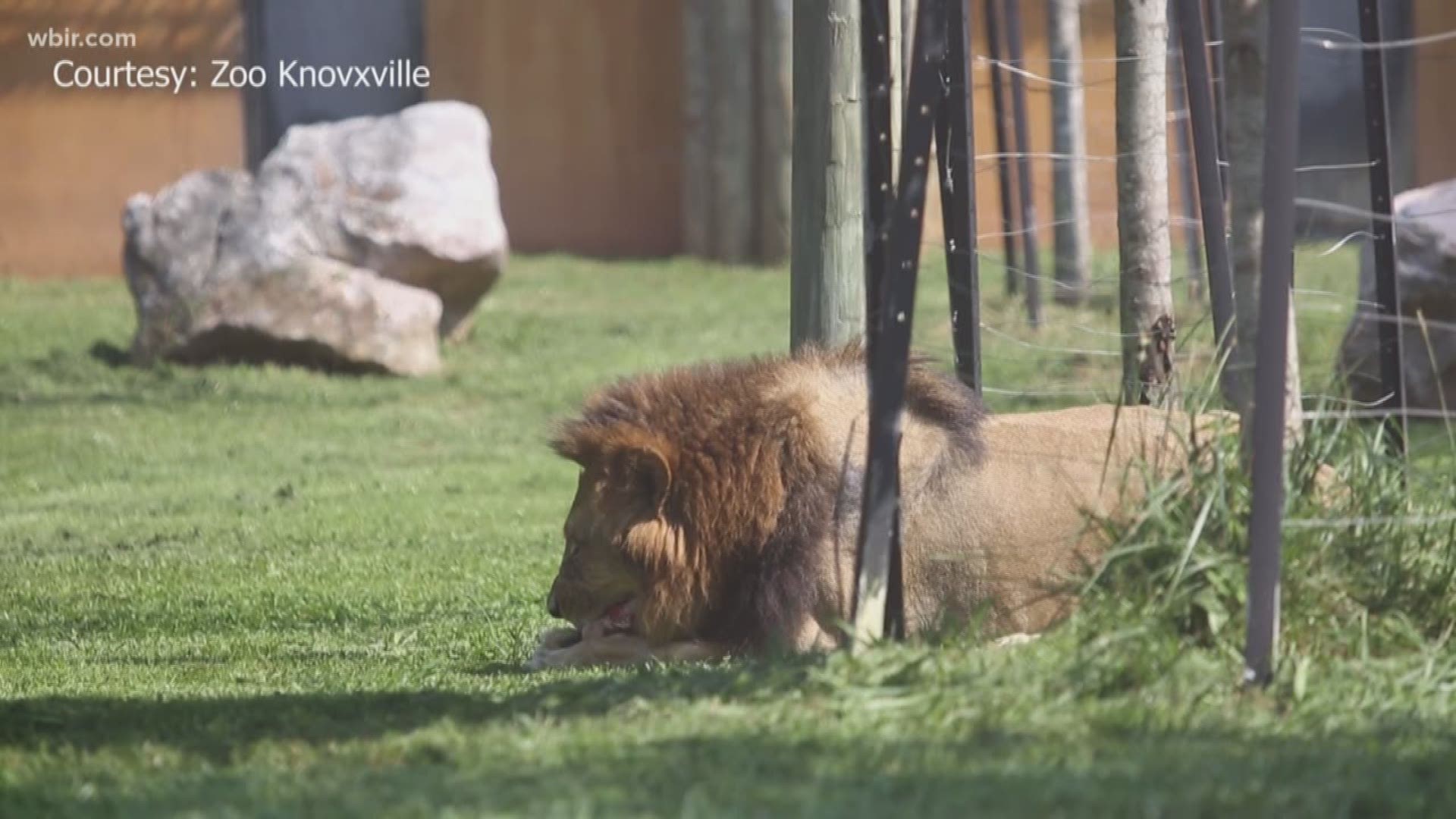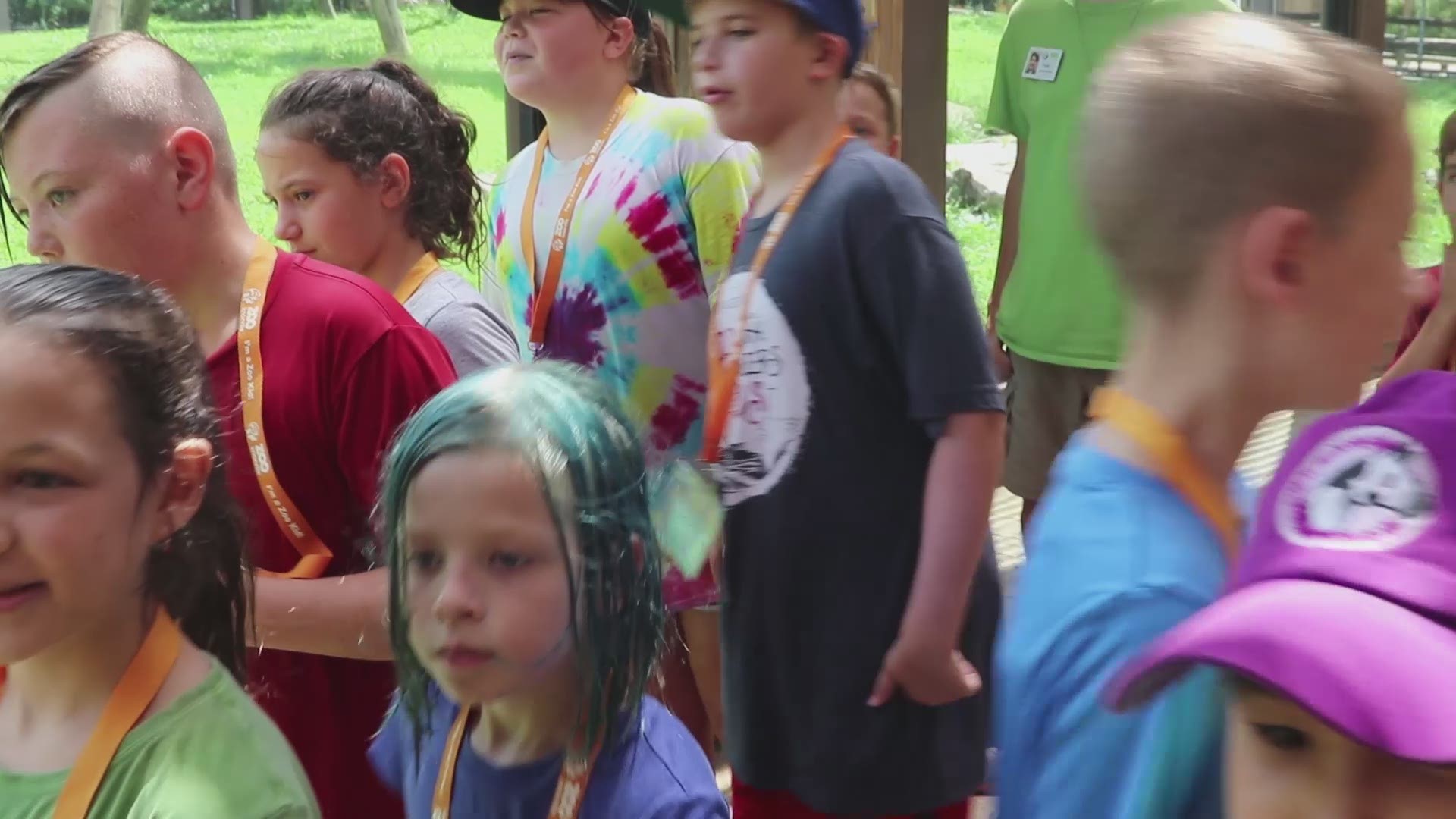KNOXVILLE, Tennessee — Disney's newest rendition of The Lion King hits theatres on Friday, and already moviegoers across the country are wild for this newest take on a movie that collectively ripped our hearts out.
Although, here's actual footage of some apparently well-adjusted kids at Zoo Knoxville who seem pretty over the death that defined every millennial's childhood.
These kids aren't the only ones excited to see their favorite characters come to life again. While fans of the 1998 animated movie have grown to love the 2D magic of their childhood, this newer version utilizes advanced CGI technology for a grittier take on the Disney classic.
Generating even more hype than the technology though, is the films star-studded cast which features Donald Glover as Simba, Beyonce Knowles-Carter as Nala, and Chiwetel Ejiofor as Scar.

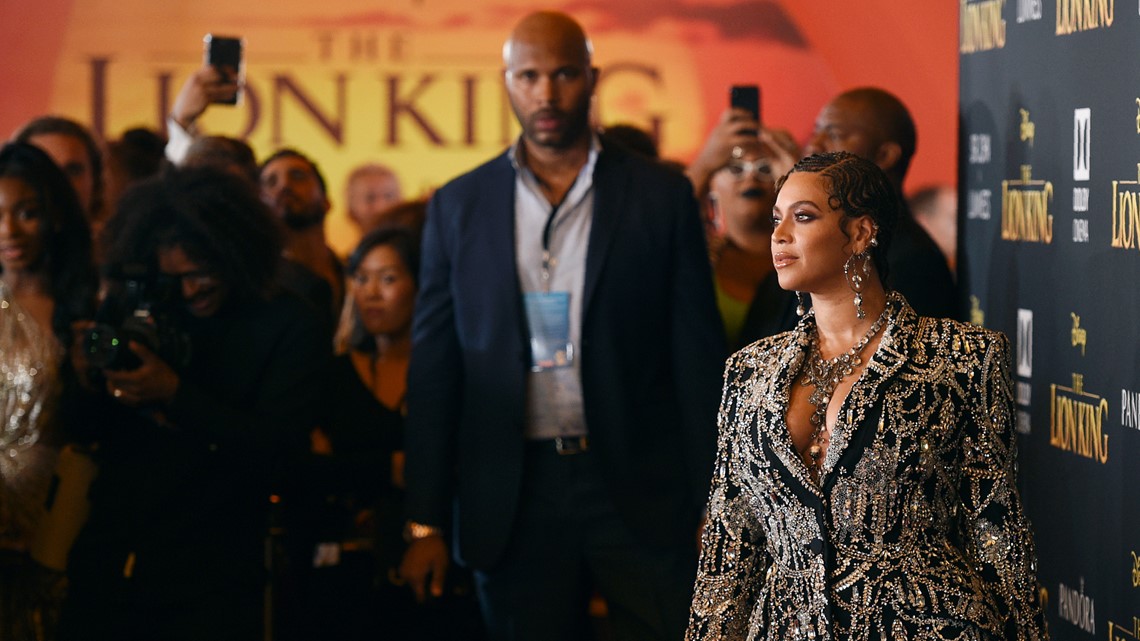
But what would have happened, we wondered, if director Jon Favreau had swung by Zoo Knoxville to cast his characters? Which animals would play who, and do the lions of Knoxville really have as much drama as Mufasa's pride?
We swung by Zoo Knoxville to find out.
*Reporter's Note*: If you read this article without listening to Beyonce's new single, Spirit, you're banished from Pride Rock forever so hit play and try not to sob.
THE LIONS - Simba, Nala & Scar

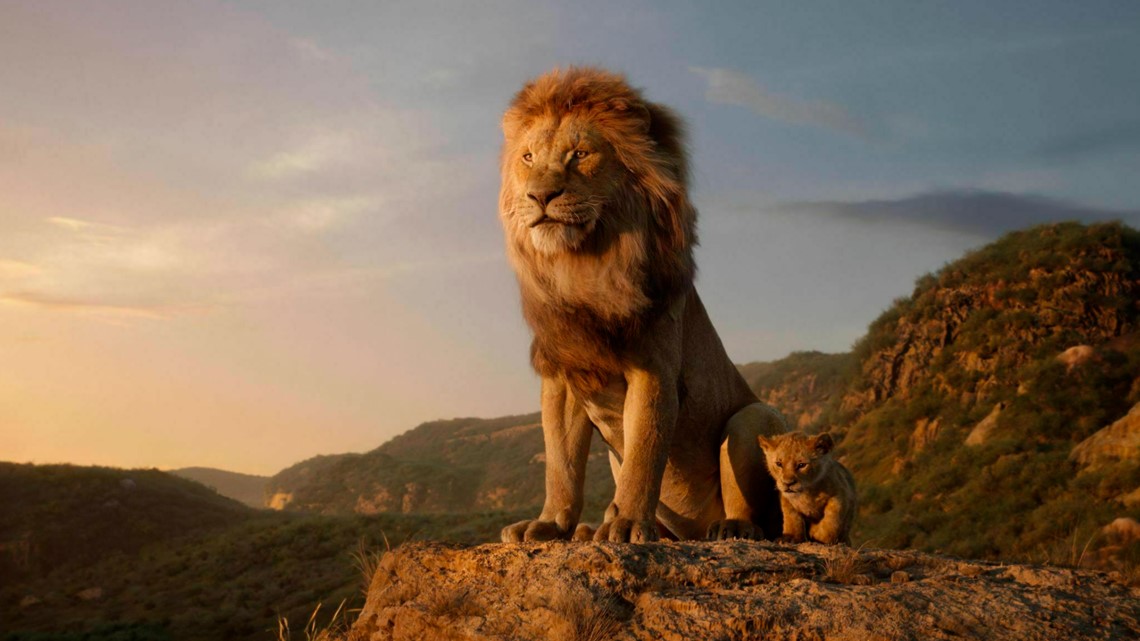
2019 Lions: Donald Glover (Simba), Beyonce Knowles-Carter (Nala)
Zoo Knoxville Lions: While every bit as wild as their on-screen counterparts, the lions at Zoo Knoxville don't quite suffer the drama that Simba & Co. have over the years.
On summertime days, they have more important things to consider than family coups.
Jimmy and Zarina are the only mated pair at Zoo Knoxville. They've been going strong since 2011, so they could easily take over the role of Simba and Nala.

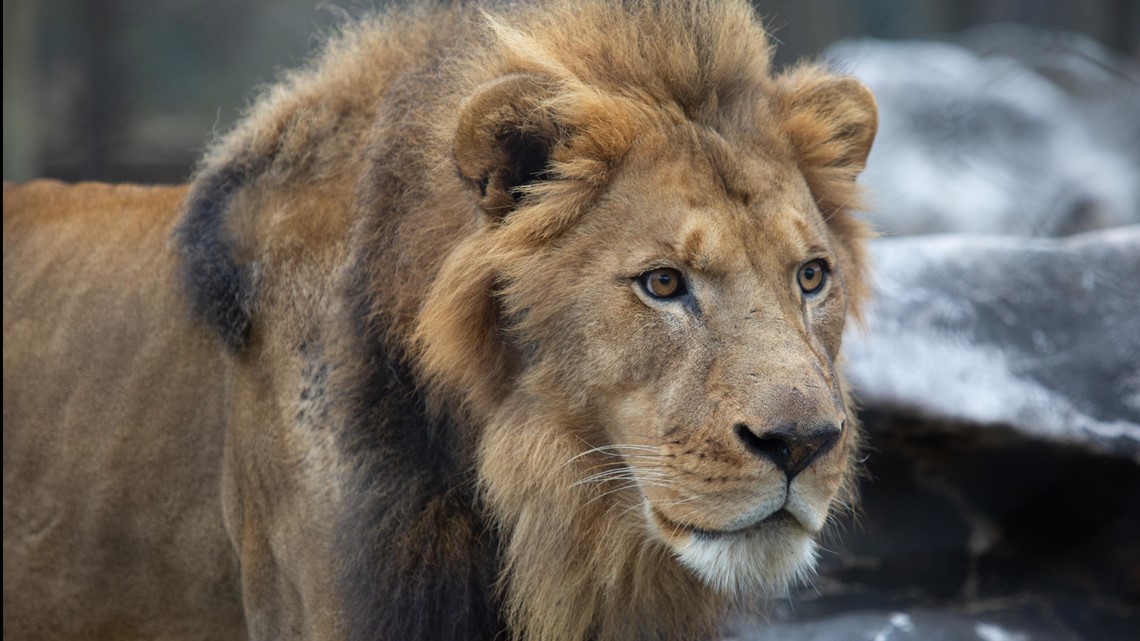
"They love to nap," said Rebekah Watkins, zookeeper at Zoo Knoxville, said.
They also said there isn't really a lion who could fill the role of Mufasa or Scar, but one lion stands more queenly above the rest.
"Elsa's kind of sassy but she doesn't have the scar vibe," Watkins said. "She would definitely be the sassiest, most diva of all of them. She's the pickiest eater, has the most attitude. Not in a bad way, just set in her ways."
They said even in light of the most recent version, Lion King references aren't anything new.
"There's always a lot of interest with Simba," Watkins said. "It isn't anything new."
RAFIKI
2019 Rafiki: John Kani
Zoo Knoxville Rafiki: Hamadrya Baboon. Contrary to popular belief Rafiki, the prophetic monkey who helps Simba remember his role as king, is not a baboon. He's a mandrill, which is a rare animal to find even in the wild.

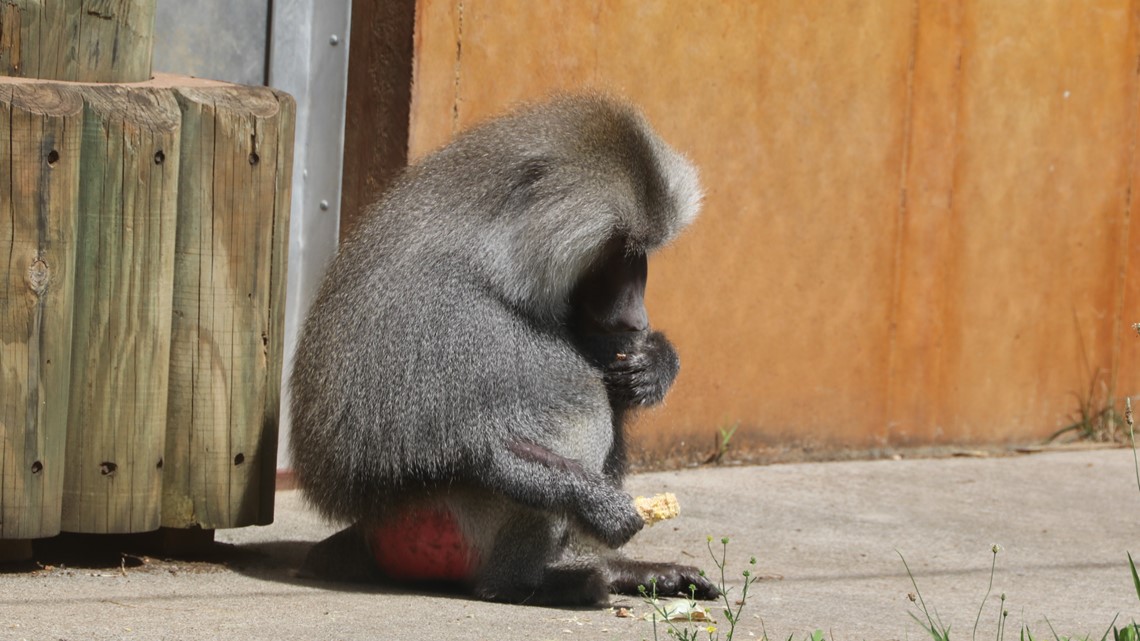
The zoo does have several baboons who swing, eat, and play with each other over at Valley of the Kings though. Like the wise Rafiki, these baboons were once revered in ancient Egypt as sacred baboons. While Rafiki boasted a blue face and red nose, these baboons are just as striking. Their silver mane and intelligent red faces add to their worldwide appeal, and they are typically found in large populations throughout the Middle East and Africa.
TIMON
2019 Timon: Billy Eichner
Zoo Knoxville Timon: Prairie Dogs
The animal most equipped to take over the grub-loving meerkat for the newest rendition would have been the prairie dogs.
While they don't call the African savannah their home, prairie dogs have been building burrows like meerkats across the great plains. At the time, prairie dog burrows were considered very dangerous to pioneers because many of them traveled on horseback.

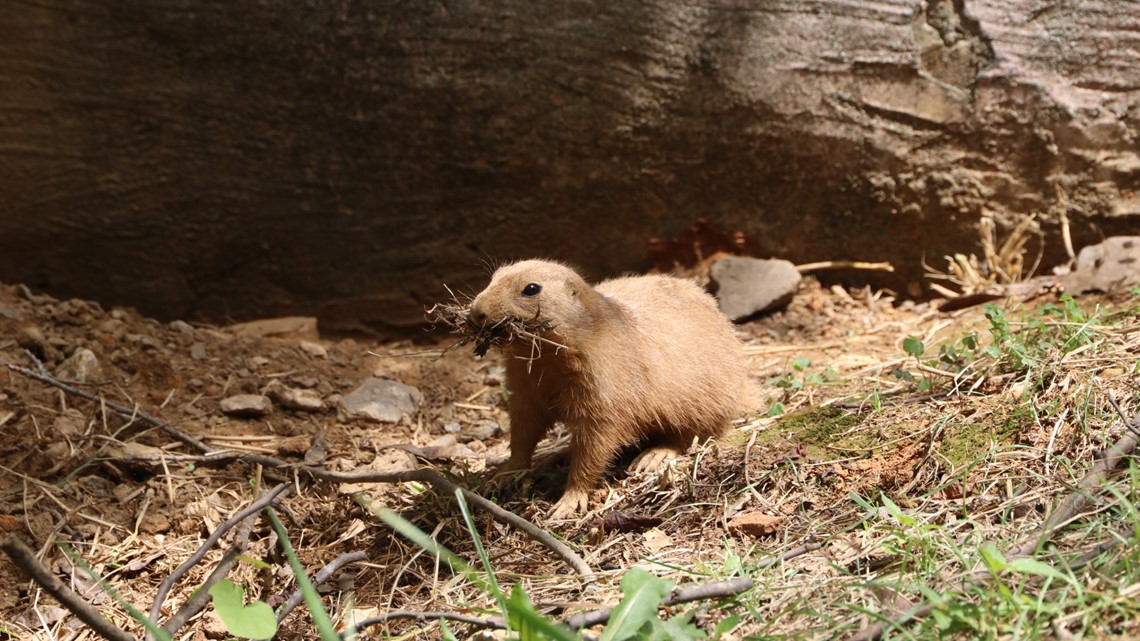
People actively worked to get rid of them and, in the 1994 movie, you might remember that Timon and Pumbaa decided to save Simba largely because of his protective capabilities....
Suffice it to say prairie dogs could also use a big strong lion to protect them.
PUMBAA

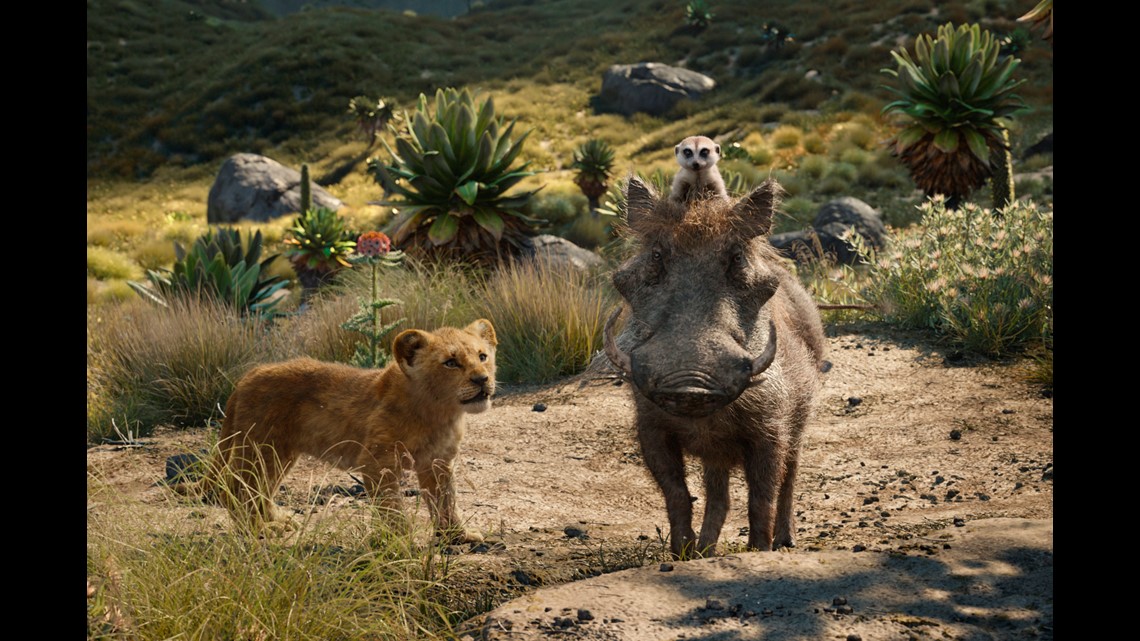
2019 Pumbaa: Seth Rogen
Zoo Knoxville Pumbaa: Chacoan Peccary
If Disney needed to cast the savannah's most gaseous warthog, they wouldn't find one at Zoo Knoxville.
There are, however, a hoard of lively Chacoan Peccardies which greatly resemble Pumbaa. Similar in appearance to pigs, these animals are not directly related to domesticated or wild swine but are commonly mistaken for them.

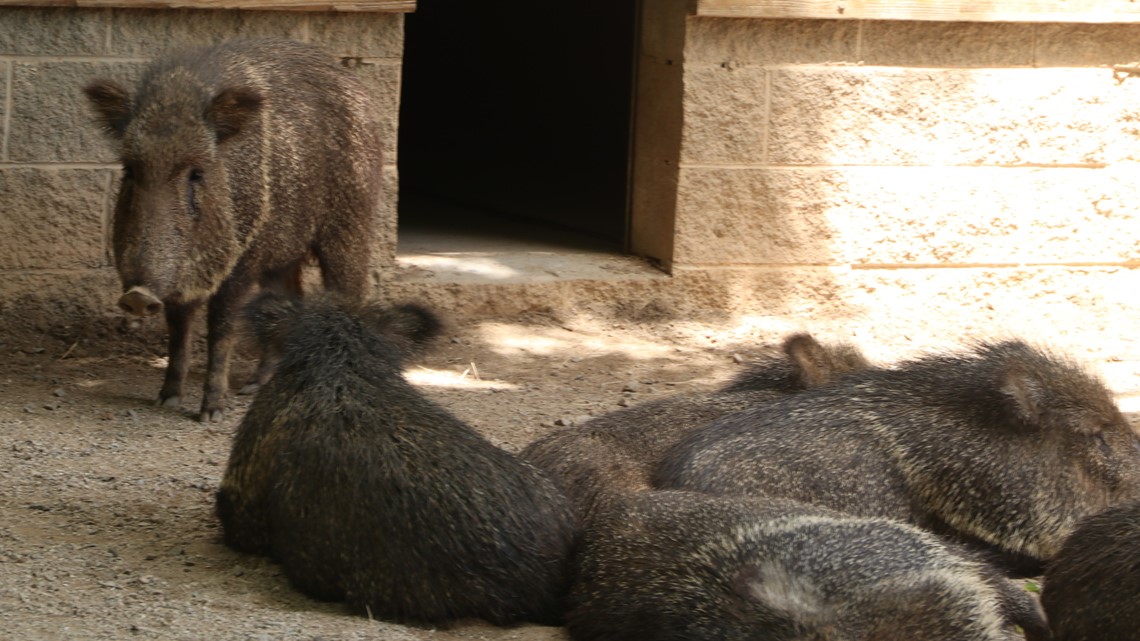
The downside to this casting? These guys aren't native to Africa at all. In fact, their name comes from South American Indian origin and means: "an animal which makes many paths through the woods." They're herbivores who have made the Chaco region of Bolivia, Argentina, and Paraguay their home.
But like the outcast Pumbaa, whose intestinal distress banned him from Savannah social life, the existence of these animals were known only through fossil remains. The first one was spotted in 1972 in Paraguay.
And it's perfect because their enclosure is right next to the prairie dogs, so Timon and Pumbaa are never far apart even in the Zoo Knoxville version of The Lion King!
ZAZU

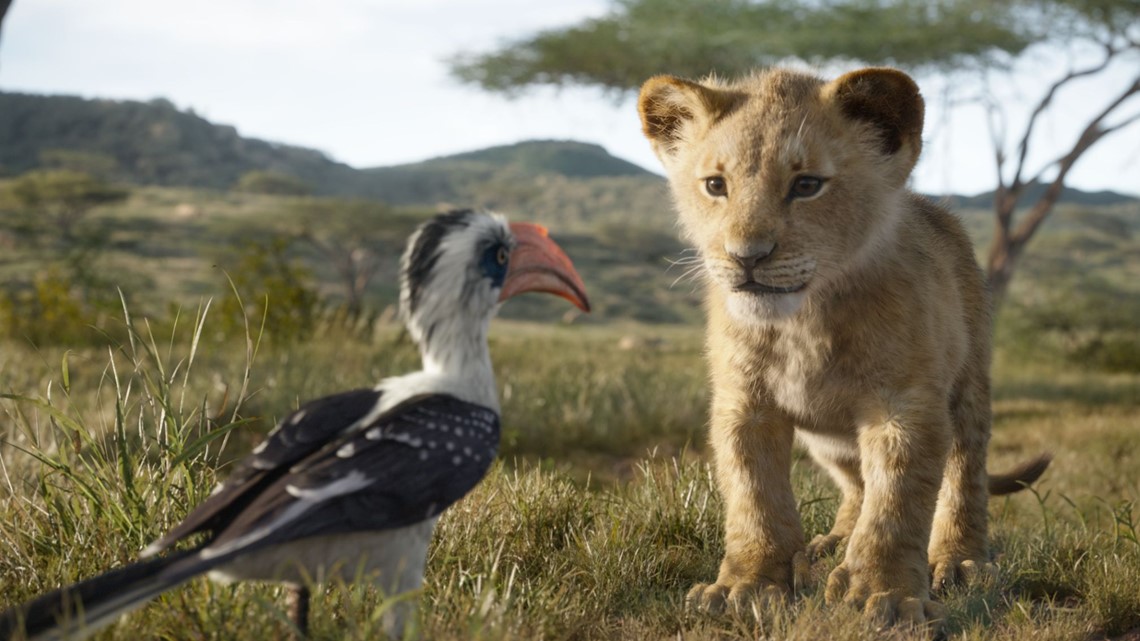
2019 Zazu: John Oliver
Zoo Knoxville Zazu: Southern Ground Hornbill
The animal best equipped to take over the role of Zazu, Simba's diabolical attendant, is the Southern Ground Hornbill.

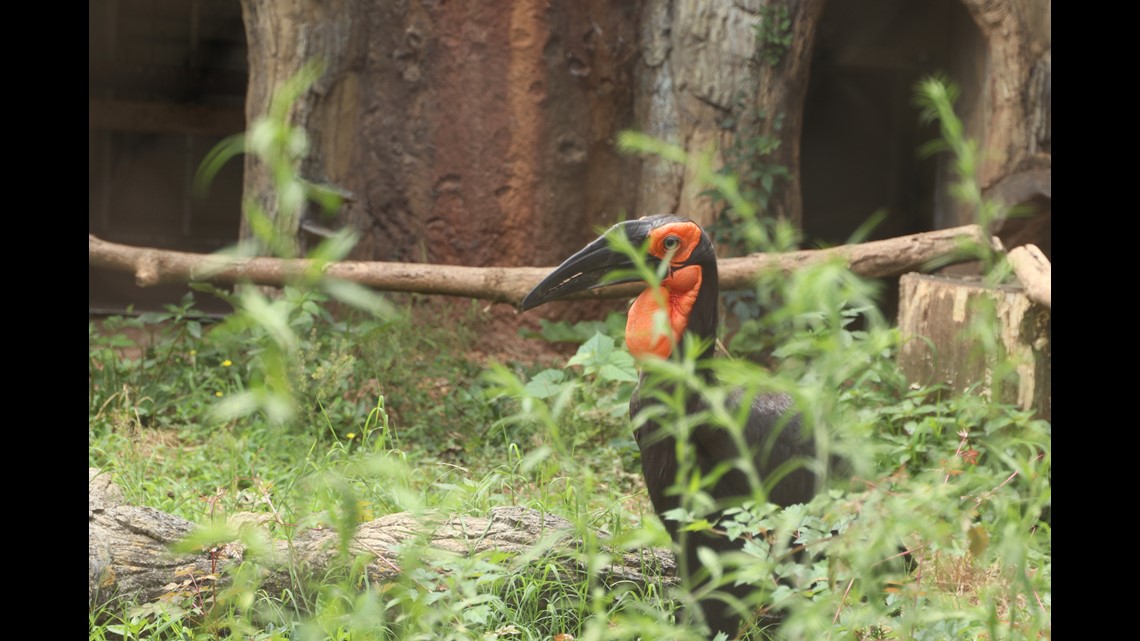
It's the largest species of hornbill at the zoo and can live to be 65 years old. Like Zazu, they're vocal about what they need. That famous red throat wattle is inflatable to scare off predators, and they put it to good use whenever they make their famous "booming call", which occurs early in the morning or late afternoon.
In African folklore, people believe that you should never be killed because it can be a harbinger of bad luck. Some tribes even believe the bird to be a rain prophet.
THE HYENAS

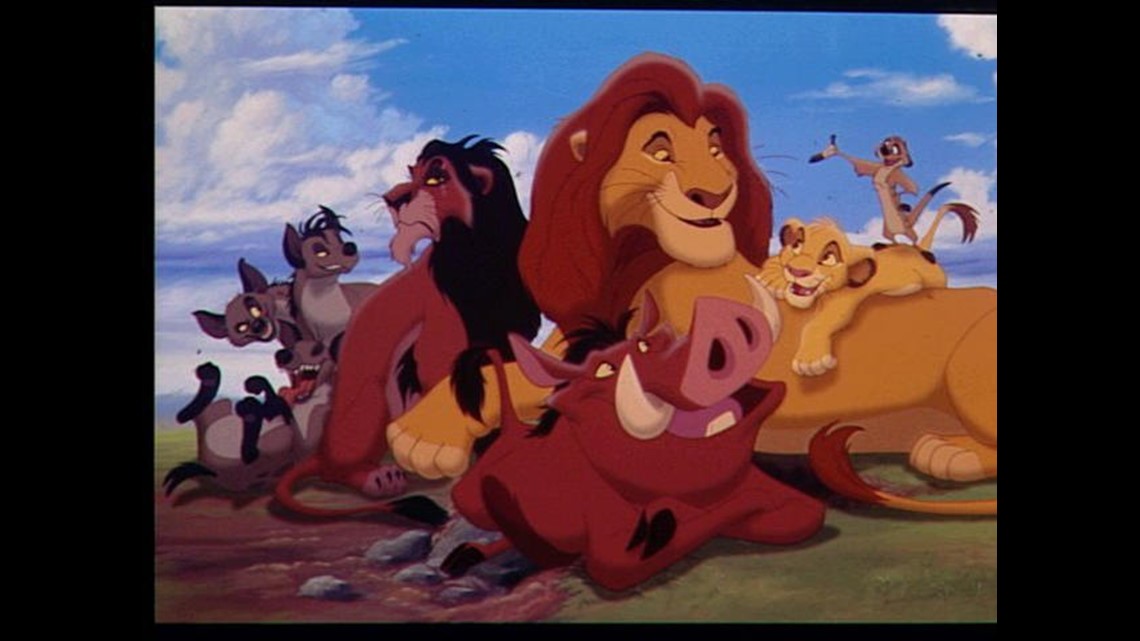
2019 Hyenas: Keegan-Michael Key (Kamiri, Eric Andre (Azizi), Florence Kasumba (Shenzi)
Zoo Knoxville Hyenas: African painted dogs
The African painted dogs are mistaken for Simba's villainous foes so often, that Zoo Knoxville has a sign outside their enclosures letting people know the differences.
African painted dogs, while similar in appearance to hyenas, boast several major differences. Specifically, hyenas aren't even dogs. They are most similarly related to mongooses and cats. While African painted dog pups are born in a den, they aren't born with teeth and cannot fend for themselves immediately after birth.

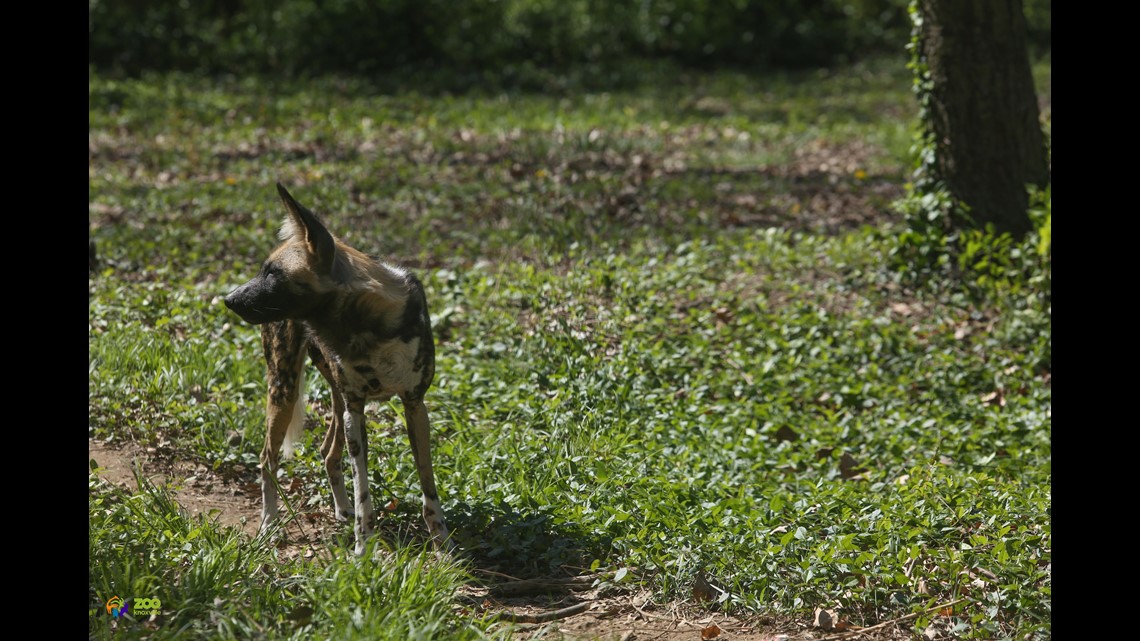
In The Lion King, hyenas are intensely competitive in a way that mirrors real life. Hyenas will fight within the clan for food or dominance, while African painted dogs are cooperative and work together for food.

